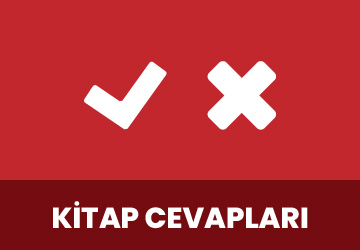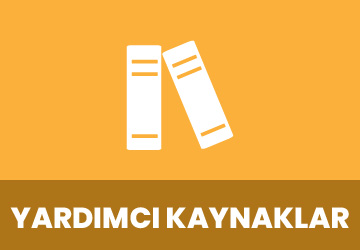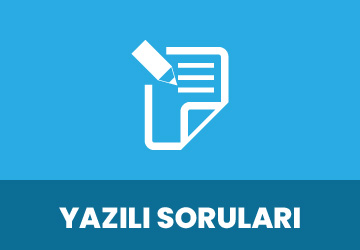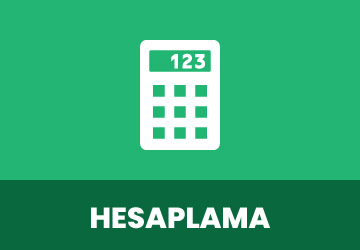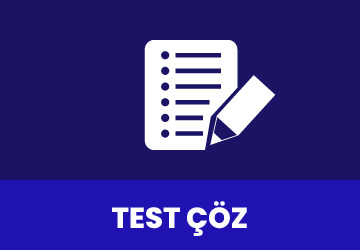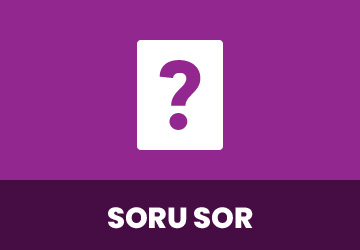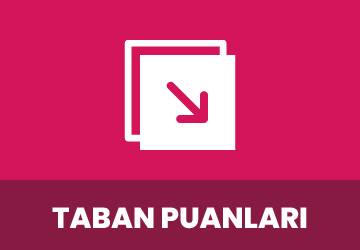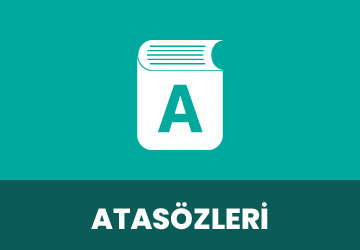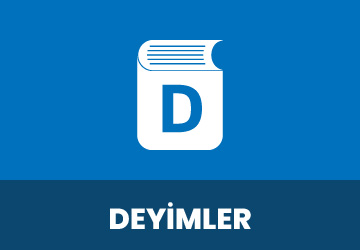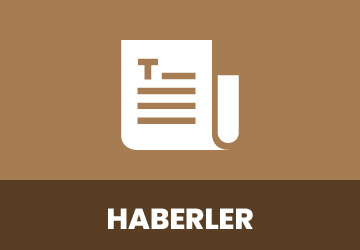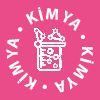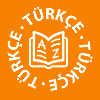
İngilizce Meb Yayınları Yes You Can B1.1 Ders Kitabı Sayfa 113 Cevabı
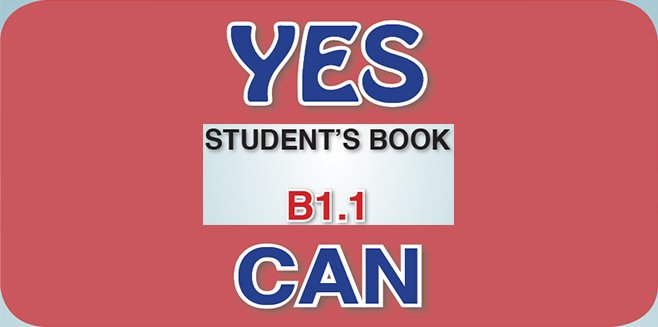

İngilizce Meb Yayınları Yes You Can B1.1 Ders Kitabı Sayfa 113 Cevabı
2017 – 2018 Eğitim Öğretim dönemiyle beraber pek çok ders ve çalışma kitabı değişti. Değişen ders kitaplarından biri de “İngilizce Meb Yayınları Yes You Can B1.1 Ders Kitabı Cevapları” oldu. Kitabı incelediğimizde ise Devrim ÖZBEK, Hatice KUMRAL, Sevinç ÖRER tarafından 132 sayfa olarak kaleme alındığını görüyoruz. Kitapta görseller ön plana çıkarılmış ve görsel tasarım ise Beyza DİRİK, Zafer HAŞİMOĞLU tarafından yapılmış.
“İngilizce Meb Yayınları Yes You Can B1.1 Student’s Book Sayfa 113 Cevapları“nda önce sorular yazıldı daha sonra cevaplar verildi.
SORULAR
If you’re not busy at the moment, could you help me with my homework?
Can I / could I / may I / might I
If you are requesting something for yourself, all of these forms are possible. May and might are considered to be more polite, more formal or more tentative than can and could, but can and could are usually preferred in normal usage.
Can I ask a favour of you?
Could I ask you to take Deborah from school tomorrow?
Could I possibly have another cup of coffee?
If you’ve finished with the Computer, may I turn it off?
Might I leave work a bit earlier today? I’ve got a doctor’s appointment at 5.
Might is more frequently used in indirect questions, as an indirect question softens the request. Note the further polite alternatives that we can use:
I wonder if I might leave work a bit earlier today? I’ve got a doctor’s appointment at 5.
Would I be able to leave work a bit earlier today? I’ve got a dentist appointment at 6.
Would it be OK if I left work a bit earlier today? I’ve got to take our cat to the vet.
Would you / Do you mind if I…?
Similarly, if we use Do/Would you mind if I…? to make a request, we may be anticipating possible objections:
Would you mind if I put off talking to Henry until tomorrow? ~ I think that’s a mistake. I think you should speak to him today.
Note the difference between: Would you mind.? and Would you mind me/my…?:
•Would you mind filling the ice trays and putting them in the freezer? (= you do it)
•Would you mind me/my filling the ice trays and putting them in the freezer? (= l’ll do it)
THEME 5
A- RELATIVE PRONOUNS
Relative clauses are clauses starting with the relative pronouns who, that, which, whose, where, when. They are most often used to define or identify the noun that precedes them.
Relative pronouns are associated as follows with their preceding noun:
Preceding noun
a person Preceding noun
a thing
Relative pronoun
who(m)/that, whose Relative pronoun
which/that, whose…
Note 1: The relative pronoun whose is used in place of the possessive pronoun. It must be followed by a noun. Example: There’s a boy in grade 8 whose father is a professional tennis player. (There’s a boy in grade 8. His father is a professional tennis player.)
Note 2: The relative pronouns where and when are used with place and time nouns.
1994 was the year when I got married my husband.
Here are some examples:
Do you know the girl who started in grade 7 last week?
Can I have the pencil that I gave you this morning?
A notebook is a computer which can be carried around.
I will eat in this restaurant whose meals are delicious.
I want to live in a place where there is lots to do.
Yesterday was the day when everything went wrong.
* The relative pronoun whom can be used as the object of the relative clause and it is rarely used in spoken English.
My science teacher is a person whom I like very much.
İngilizce Meb Yayınları Yes You Can B1.1 Ders Kitabı Sayfa 113 Cevabı

